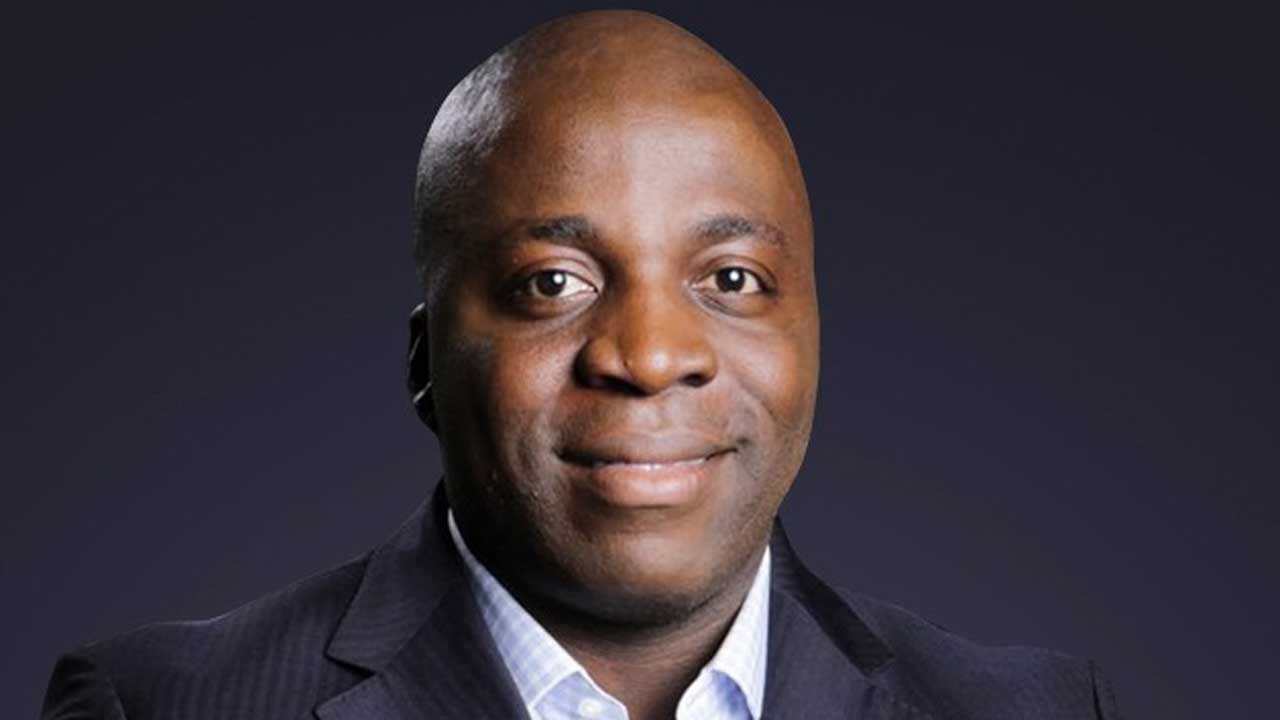
• 7,000 to 15,000 Russian troops dead in Ukraine, says NATO
• Open path for Russia to bow out, preserve Ukraine’s integrity
As Russia’s war on Ukraine enters a stalemate, with reports of killings of thousands of people and Ukraine’s resistance seeming stronger than anticipated, there are rising questions about the eventual outcome of the conflict and what it portends for the current world order
NATO estimated yesterday that 7,000 to 15,000 Russian soldiers have been killed in four weeks of war in Ukraine, where fierce resistance from the country’s defenders has denied Moscow the lightning victory it sought. By way of comparison, Russia lost about 15,000 troops over 10 years in Afghanistan.
A senior NATO military official said the alliance’s estimate was based on information from Ukrainian authorities, what Russia has released — intentionally or not — and intelligence gathered from open sources. The official spoke on condition of anonymity under ground rules set by NATO.
Ukraine has released little information about its own military losses, and the West has not given an estimate, but President Volodymr Zelenskyy said nearly two weeks ago that about 1,300 Ukrainian servicemen had been killed.
When Russia unleashed its invasion on February 24 in Europe’s biggest offensive since World War II, a swift toppling of Ukraine’s government seemed likely. But with Wednesday marking four full weeks of fighting, Moscow is bogged down in a grinding military campaign.
To reinforce and extend understanding of the Russian-Ukrainian conflict, a geopolitical thought leader and US Army Veteran, Major Adebayo Adeleke (rtd) delved into the geopolitical considerations and global impacts of the crisis and other hot topics in a no-holds-barred Twitter space conversation with media expert and author, JJ. Omojuwa.
Russia’s invasion of Ukraine has been heavily condemned, and this time the U.S., backed by its allies has taken united and unprecedented steps to punish Russia, imposing massive sanctions not only on Russia’s economy but targeting its financial systems and ability to function. With the economic pain likely to be much harsher this time round, Adebayo says Russia’s invasion of Ukraine is unlikely to end anytime soon except Russia is allowed to bow out honourably.
“NATO needs to create a path for Russia to bow out with honour in a way that also preserves Ukraine’s integrity. Everybody is a loser in this situation.’’
More importantly, Ukraine has lost heavily. Concessions have to be done to preserve the integrity of the country. The best way to end this thing is a lot of dialogue and they have to figure out a pathway for Russia to bow out in peace.”
“ The war is changing the world order. Autocratic nations are aligning. The Western world is lining up its own alliance.
The world in the next 20 to 30 years is going to be interesting” said Adebayo on the implications of Russia’s invasion of Ukraine on the world order and how it has exposed a clash of two fundamentally different conceptions of power in international relations.
The proliferation of small arms and light weapons in various parts of the globe continues to pose a threat to the long-term social and economic development of many nations and various moratoriums and treaties have been signed to stop its spread. Adebayo also warned that this conflict may set the world back in efforts to stop the spread of small and light weapons
“If the outcome of the war favours the Ukrainians, because they are very patriotic, they will turn down their weapons. That’s ideally what is supposed to happen. But if the concession favours Russia, I don’t foresee this coming out in a palatable way for everyone because they are going to hold on to their weapons. Imagine Ukrainian citizens turning into insurgents all over Eastern Europe,” he said.
The veteran and supply chain expert also highlighted the silver lining for African economies.
“With all these sanctions there is always the opportunity that people are tapping into especially in the supply chain world. A lot of Cheap labour that is coming out of Ukraine and Eastern Europe is going to be affected now. A lot of people will start pivoting towards Africa. But do we have the facilities or infrastructure to provide a market for this shortage?”
Nigerians want to immigrate to other parts of the world for a variety of reasons – furthering their studies, pursuing their specialized skilled trades, looking for a better future for the families, searching for career opportunities and Adebayo shares his own experience on his time in the American army as well as insights gained visiting and working in over 30 countries. He advises that authenticity and diligence is one of the hacks needed to navigate other parts of the world
“ If you’re true to yourself like a thread is through to a pole, and you do your work diligently, people will gravitate towards you regardless of race, creed or ethnicity.”






